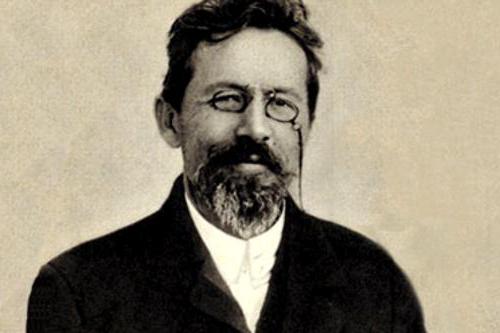
Stable expressions, with which the Russian language is so rich, make our speech expressive and capacious. Thanks to them we can convey our thoughts more deeply and brightly, so they are so valuable.
In addition, each of them hasan unusual story of origin. Thanks to phraseology, we not only expand our vocabulary. When we study them, we become more erudite, learn a lot about history and literature.
In this paper we consider the stable expression"To the village of my grandfather." Note that it means where it is appropriate to apply. And, of course, we will plunge into the history of its origin. Although, most likely, it is known to many readers, because the expression is still relevant and has not become outdated with time.
For the interpretation of this expression, let us turn toauthoritative dictionaries. They most accurately convey their meaning. Let us first turn to the explanatory dictionary SI. Ozhegova. When considering the word "village", he did not forget to mention the expression "on the village to the grandfather". The meaning of the phraseology in it is "according to a notoriously incomplete, inaccurate address". It is noted that the expression has a conversational style.

Let us also turn to a more specializeddictionary - phraseological, edited by Stepanova M.I. In it, the author also did not miss the steady turn "to the village of grandfather." The meaning of phraseology in this dictionary is "no one knows where." It is noted that the expression is ironic.
Both interpretations are similar. Undoubtedly, the expression means an unknown address.
The etymology of stable expressions is diverse. Some turns are folk sayings, others are related to legends and historical events, and others - to literary works.
The expression we considered appeared in 1886. It was then that Anton Chekhov's story "Vanka" was published. From there, and this expression went.

In this sad story, the main character -orphan Vanka - writes a letter to his grandfather. In it, he describes his burdens of life with the shoemaker, to which he is attached. Asks to take him, he remembers the happy moments of life in the village. However, Vanka does not know the address where to send the letter. He simply writes "On the village to grandfather Konstantin Makarych." So this phrase appeared and immediately caught on.
It is worth noting that many remember thisheartbreaking story thanks to this expression. It shows the hopelessness of the orphan's position. The boy does not even know the address of his home and can not return there. The reader understands that Vanka's hopes that his grandfather will read the letter, take pity on him and take him away, will not be justified. His words will not reach the old man, and he will have to live in such difficult conditions further.
After the appearance of this expression, hisuse in their works and other writers. It can be found in various media, blogs. Even in colloquial speech one can hear "to the village of grandfather." The meaning of phraseology capaciously transfers the focus to nowhere.

That's why it remains relevant, does not die, like some other steady turnover.


























